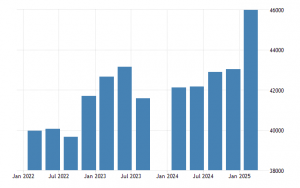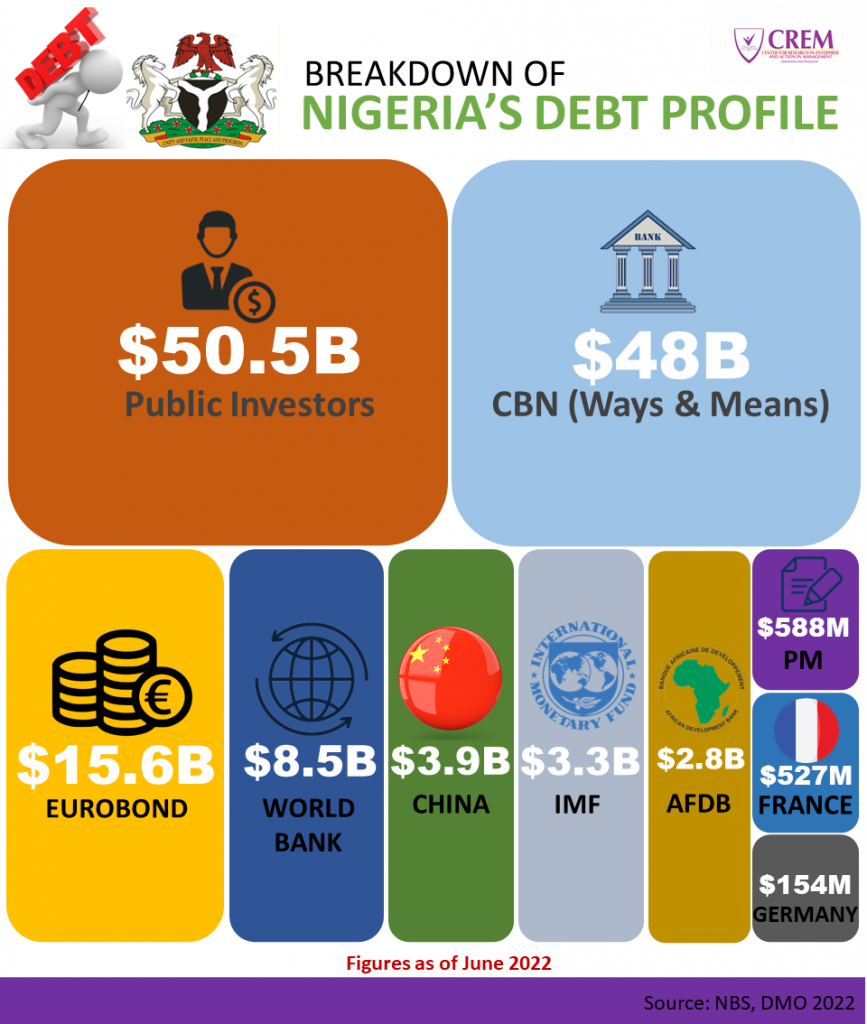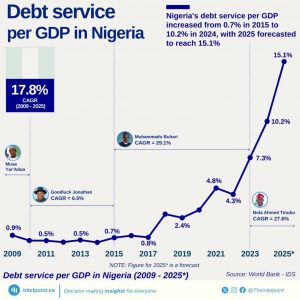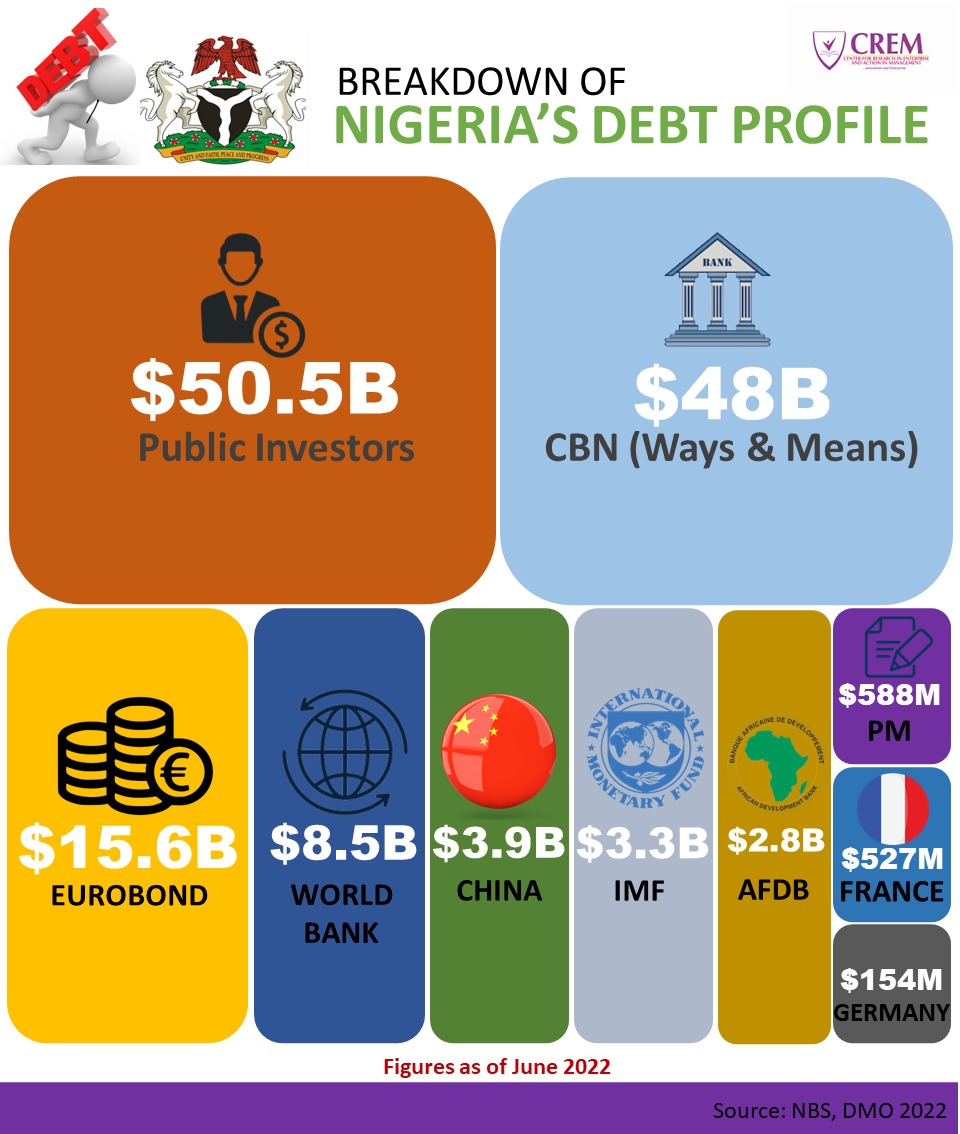In a press statement by Afenifere, the Pan Nigerian socio-political organization, signed by the Afenifere Leader, HRH Oba Oladipo Olaitan and the National Publicity Secretary, Prince Justice Faloye, the Tinubu administration claim of economic turnaround is challenged and dismissed as media spin

Turnaround or rock bottom Economy : The claim that the economy has stabilized is an euphemism that the economy has reached rock bottom after being pushed off the cliff with subsidy removal and devaluation policies. When a $10 billion subsidy with $200 billion production multiplier effects is removed, when the economy falls by $200 billion, it would stop falling. Now that the GDP has fallen over 50% from $477.8 billion in 2022 to now $187.8 billion, we are being told on Independence Day to celebrate a 4.23% growth. The question is what happens to the 7 million businesses that collapsed and tens of millions pushed into poverty, are they just collateral damage of self induced economic destablization mislabeled as economic reforms?
The Beheaded can’t drink Garri : The fall of real wages by 300% make claims of an economic turnaround unfounded. While a select few elites might take advantage of the devaluation, the average Nigerian workers purchasing power has been wiped off by devaluation and inflation, and until the majority get their wages adjusted there can be no turnaround. The administration’s increase in minimum wage to N70,000 benefited less than 5% of workers. The Nigerian worker has been economically reformed to slave wages, with even those at the pinnacle of the academia and armed forces paid peanuts. A professor is paid less than unemployed persons in Europe and the Americas, while the basic wages of army generals just about equals the amount paid unemployed people.
Net increase in debt not foreign reserves : The President reported a less than $10 billion increase of the average $35 billion foreign reserves to $42 billion, but omitted the fact that our foreign debt had increased from 2022/2023 levels. The credit of becoming net exporters with better balance of payments is not tied to this administration’s subsidy removals and devaluation, but tied to previous governments backing of the Dangote Refinery, whose operation has now drastically reduced the importation of petrol products that accounted for 30% of our import bill, and now exports petrol. Nevertheless, we welcome the President Tinubu’s administration focus on increased non-oil exports.



Increasing Tax burden : The Tinubu administration boast of increasing the Tax to GDP ratio by 3.5% of a GDP that fell from $477.8 billion in 2022 to now $187.8 billion is ridiculous. The goverment should desist from increasing the tax burden on Nigerians already economically strangulated with its economic policies. This is not the time to restate fuel tax that was initially instituted in 2007, but shelved due to its predicted negative effect on our economy, which was several times in a better state than now. With an income tax minimum threshold of N800,000 per annum which is less than the N840,000 minimum wage per annum, everyone will be paying more taxes, especially the indirect taxes of fuel tax, bank charges, telecoms etc. We implore the government to let the poor breathe.
Government of the rich, not the poor: The government is in power to serve the people, not the dictates of local and international financial institutions, whose trickle down economics is based on the masses picking up crumbs from under the tables of the rich businessmen and political jobbers. The Western nations where the trickle down economics evolved in the Eighties have lost their global economic strength to China that invested in people and infrastructure, just as Nigeria and other African nations have witnessed increasing poverty compared to Asian nations.
Student loans – There are well over 3 million university students with less than one-sixth funded by NELFUND according to the President. Afenifere disagrees with the concept of student loans in a country where over 50%, over 100 million people, are multidimensionally poor. The poor should be empowered, not handed over to loans systems for education and survival. The shifting of educational funding to private sector mechanisms will also have a detrimental effect on the development of education infrastructure for our teeming youth population, and we would like to know how many new tertiary institutions have been built under this administration.
Gainful Employment : It is indicative of our political leadership being apathetic to the needs of the masses, when it promises to tackle unemployment through agriculture, which already provides the largest employment but with non-living wages below international poverty lines. Rather than push more people into a sector with depressed wages, the government needs to invest in education and infrastructure for better jobs and wages, and national development. Like in China, USA and other postwar European nations, massive public infrastructure development especially in housing and railways was used to drain excess labour in agriculture, which led to improved wages and mechanized farming.
Real Development indices : Instead of focusing on increasing taxes, withdrawing production subsidies, awarding fancy contracts and fiddling employment and other national statistics, Nigeria needs real quantifiable development goals. For example, the government can’t truly claim to be pro-people by budgeting for a mere 20,000 homes for the year 2025, when in addition to the already 30 million homeless, our population will increase by at least 5 million in 2025.
Railways : The governments claim of increasing our railways by 40% is deceptive and disguises the tokenism towards real development. The 40% is based on the recent 600 kilometers of standard Gauge, not our total Railways length of 4200 kilometers. Moreover, the 287 kilometer Kaduna-Kano-Maradi Railways is based on political tokenism, not economic efficiency. Railways have the highest multiplier effect, whose effect boosts most economic sectors. It will reduce the 40% wastage of our agricultural output and be a springbroad for heavy manufacturing. This is why the key indices flaunted by seriously developing nations is how many houses are built a day and how many kilometers of rail is laid a day.
Conclusion – Afenifere implores the government to repair the damage to our peoples livelihoods caused by its economic policies and take economic development serious, instead of playing to the media gallery. Millions of lives are at stake. Every student deserves education, every person needs access to healthcare, every family needs a home, while every local government needs a railway station. There can be no economic recovery until the majority are well feed, housed, transported and there is near full employment.
Signed
HRH Oba Oladipo Olaitan Afenifere Leader
Prince Justice Faloye Afenifere National Publicity Secretary








